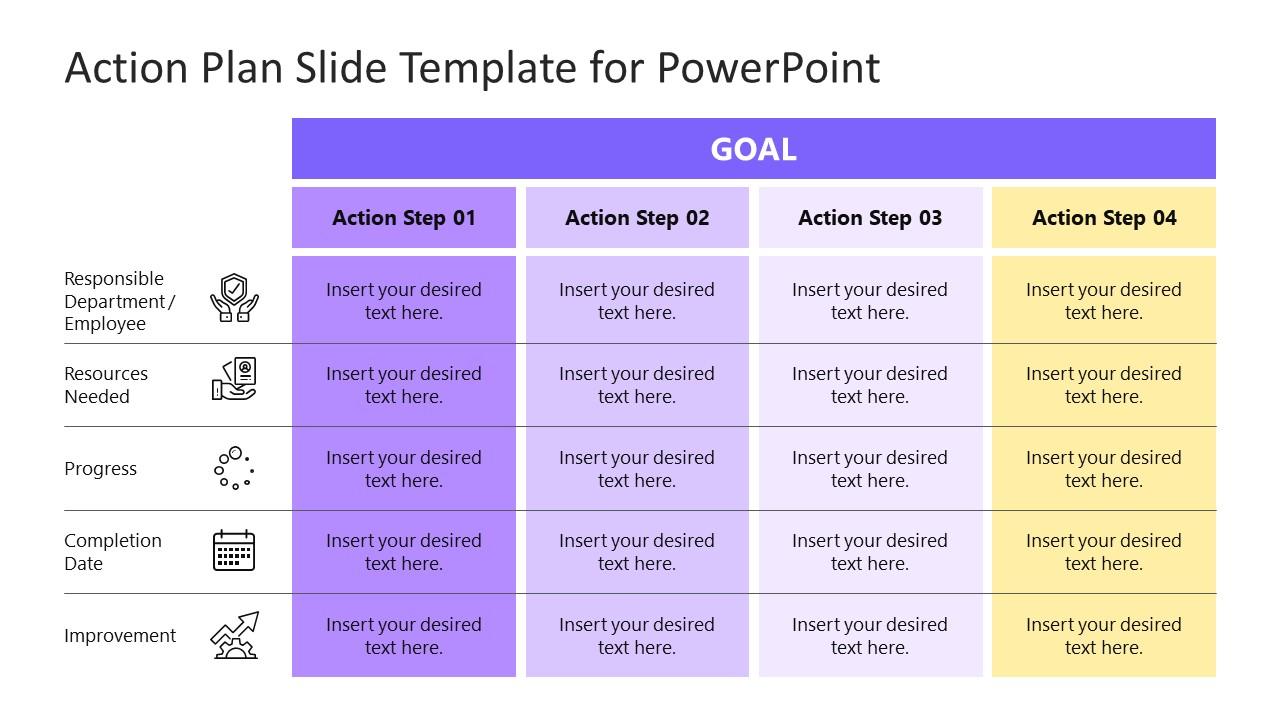In today’s whirlwind world, where smartphones double as alarm clocks and inboxes serve as breakfast companions, it’s safe to say we’re all just a little bit stressed. Whether you’re dodging deadlines, surviving school runs, or simply trying not to combust when the Wi-Fi drops, stress is the uninvited houseguest that just won’t leave. But what if I told you there’s a way to hush that internal monologue of anxiety and panic? Enter meditation: the ancient practice that’s now being hailed as the modern-day stress buster. It’s like your brain’s very own “Do Not Disturb” sign, and it’s easier (and cheaper) than a week at a spa. Join us as we delve into the science of how meditation calms the brain’s frazzled responses, turning those mental sirens into soothing lullabies. Get ready to breathe easier and perhaps even chuckle as we explore the zen behind the scenes.
Understanding the Brain’s Drama Queen Tendencies
Ever notice how our brains seem to have a flair for the dramatic? When faced with stress, it’s like our minds start auditioning for the leading role in a disaster movie. The smallest setbacks can feel like the end of the world. It’s because the brain has these ingrained fight-or-flight responses that were super useful when we had to run from saber-toothed tigers but are less handy when dealing with a mountain of emails. Here’s where meditation steps in like a calming director, telling the brain to take a breather and chill out a bit.
Meditation helps in rewiring our brain’s responses to stress in several ways:
- Reduces adrenaline: It lowers the stress hormone that makes our hearts race.
- Increases dopamine: It boosts the happy chemical that makes us feel good.
- Improves focus: It trains the brain to stay in the present moment.
| Before Meditation | After Meditation |
|---|---|
| Panic at minor issues | Calm responses |
| Mind constantly racing | Improved focus |
| High stress levels | Enhanced relaxation |

The Science Behind Meditation: Turning Down the Brain’s Loudspeaker
Imagine your brain is like a noisy house party, and stress is that overly loud guest who just won’t pipe down. Now, think of meditation as the cool DJ who subtly lowers the volume and changes the tune. Science reveals that when we meditate, we’re effectively quieting down the amygdala, the part of our brain responsible for the ‘fight or flight’ response. It’s like giving that loud guest a pair of noise-cancelling headphones.
<p>Studies show several benefits of calming this mental chaos through meditation:</p>
<ul>
<li><b>Reduces cortisol:</b> the stress hormone gets the boot.</li>
<li><b>Enhances concentration:</b> better focus means fewer forgotten keys.</li>
<li><b>Improves sleep:</b> who doesn’t love an uninterrupted nap?</li>
</ul>
<p>To showcase some of these benefits in a more scientific way, here's how meditation impacts different brain regions:</p>
<table class="wp-block-table">
<thead>
<tr>
<th>Brain Region</th>
<th>Effect of Meditation</th>
</tr>
</thead>
<tbody>
<tr>
<td>Amygdala</td>
<td>Reduces activity</td>
</tr>
<tr>
<td>Hippocampus</td>
<td>Improves memory</td>
</tr>
<tr>
<td>Prefrontal Cortex</td>
<td>Enhances decision-making</td>
</tr>
</tbody>
</table>

From Freak-Out to Chill-Out: Techniques for Calming Your Inner Neurons
Imagine your brain as a bustling city during peak hours – horns blaring, people rushing, and chaos everywhere. That’s your brain on stress. Now, picture a serene park, with birds chirping, a gentle breeze, and people lounging on blankets. Welcome to your brain on meditation. Meditation works wonders by helping to *slow down* the traffic in your head and transform your brain from a chaotic cityscape into a peaceful park. The techniques are pretty straightforward and designed to shut down the stress response system, effectively turning off the anxiety alarms.
- Deep Breathing: It’s like giving your brain a spa day. Slow, deep breaths help calm down your inner road rage.
- Mindfulness: This focuses your brain on the here and now, preventing it from rerunning that embarrassing moment from ten years ago.
- Body Scans: Checking in with each part of your body ensures you’re not tensing your shoulders like you’re attempting to carry the weight of an entire planet.
Here’s a quick comparison table to showcase how meditation can turn a freight train of stress into a gentle chugging toy train:
| Before Meditation | After Meditation |
|---|---|
| Stress Overload | Calm Waves |
| Brain Traffic Jam | Clear Mental Paths |
| Constant Worrying | Present Focus |

Action Plan for the Stressed-Out Brain: Daily Meditation Hacks
Finding a few quiet moments each day is like giving your brain a mini vacation. Daily meditation hacks can be your best companion to calm those nerves. Here are some tips:
- Morning Minutes: Start your day with just 5 minutes of deep breathing.
- Mindful Breaks: Take 1-minute meditative breaks every hour.
- Night Nods: Spend the last 10 minutes before bedtime in quiet reflection or guided meditation.
Mix these habits into your day, and watch how your stress melts away!
Don’t stress about where or how to meditate. Pick a comfy spot and get started with these meditation techniques:
- Breathing Exercises: Inhale for four counts, hold for four, exhale for four. Repeat.
- Visualization: Imagine a peaceful place, like a beach or forest, and ‘walk’ through it.
- Mantra Meditation: Pick a mantra or positive phrase, and repeat it silently.
Remember, meditation is your brain’s spa day, so enjoy every bit of it!
Q&A
Q&A:
Q: What exactly is meditation?
A: Meditation is like giving your brain a vacation without needing airline tickets. It’s the practice where one trains the mind to focus on the present moment, often through breathing exercises, mantras, or guided visualizations. Think of it as the ultimate mental spa day.
Q: Alright, but how does meditation actually help reduce stress?
A: Imagine your brain is like a really grumpy cat. Stress gets it all riled up, hissing and swatting at everything. Meditation is like a calming laser pointer. It distracts the grumpy cat (your brain) and gives it something soothing to focus on, calming it down significantly.
Q: What happens in the brain during meditation that reduces stress responses?
A: During meditation, the brain’s stress-response center, the amygdala, starts to chill out. It’s like sending your amygdala to a beach resort. Less activity there means less stress and anxiety. Meanwhile, the prefrontal cortex, which handles decision-making and rational thought, gets stronger and more active—smarter vacation choices all around!
Q: Are there scientific studies that back this up?
A: Absolutely! Studies using fancy gadgets like fMRI scans have shown that people who meditate regularly have less activity in their amygdalas and more in their prefrontal cortexes. So, yes, science says that your brain on meditation is like a Zen master rather than a frazzled office worker on a Monday morning.
Q: How long do I need to meditate to start seeing these benefits?
A: Good news! You don’t need to sit like a pretzel for hours on end. Even 10-20 minutes a day can start to make a difference. That’s less time than it takes to decide what to watch on Netflix!
Q: Is there a particular type of meditation recommended for reducing stress?
A: Mindfulness meditation is often cited as particularly effective. It’s all about staying present and aware of your thoughts and feelings without judgment—sort of like watching your mental traffic without stepping into it. But really, any form of meditation can be beneficial, so test-drive a few and see which one feels like your brain’s favorite relaxation station.
Q: Can anyone meditate, or do I need to be some kind of yoga guru?
A: If you have a brain and the ability to sit still (even just a little bit), you can meditate. No guru certification needed! In fact, most beginners start with guided meditations, which are like having a friendly GPS for your mental journey. No need to twist yourself into a pretzel unless you’re into that sort of thing.
Q: What if I fall asleep during meditation?
A: Well, then congratulations—you probably needed the rest! Falling asleep means you’re relaxed, so you’re partway there. Try sitting up straight next time, perhaps with a smidgen less of cozy blanket action.
Q: Any last tips for meditation newbies?
A: Sure! Start small, be kind to yourself, and remember it’s called ‘practice’ for a reason. If your mind wanders off like a curious puppy, gently bring it back. No need to stress over de-stressing! Before you know it, you’ll be the calm in everyone else’s storm. Namaste, stress-free you!
The Conclusion
As we wrap up our journey through the tranquil landscapes of meditation and its impressive abilities to hush the brain’s stress responses, let’s take a collective, calming breath. Inhaling serenity, exhaling stress. Ahh, feels good, doesn’t it?
So the next time you’re stuck in traffic, listening to what you thought was your favorite song for the hundredth time, remember: your brain can be trained to chill. With a little mindful meditation, those stress responses might just downgrade from five-alarm fires to barely-there embers.
Who knew that spending a few minutes quietly contemplating your navel could be the key to unlocking serene superpowers? Not all heroes wear capes—some just sit quietly in lotus position, focused on their breath.
In the grand org chart of your life, make sure “CEO of Calm” is a title you proudly hold. Now go forth, meditate, and may your stress responses be ever quieted! Namaste and no stress-té.


